
Culture
13:37, 18-Mar-2018
I HAVE A QUESTION: Where are China's millennials headed?
By Han Bin, Wei Lynn Tang, Zhuang Yuying
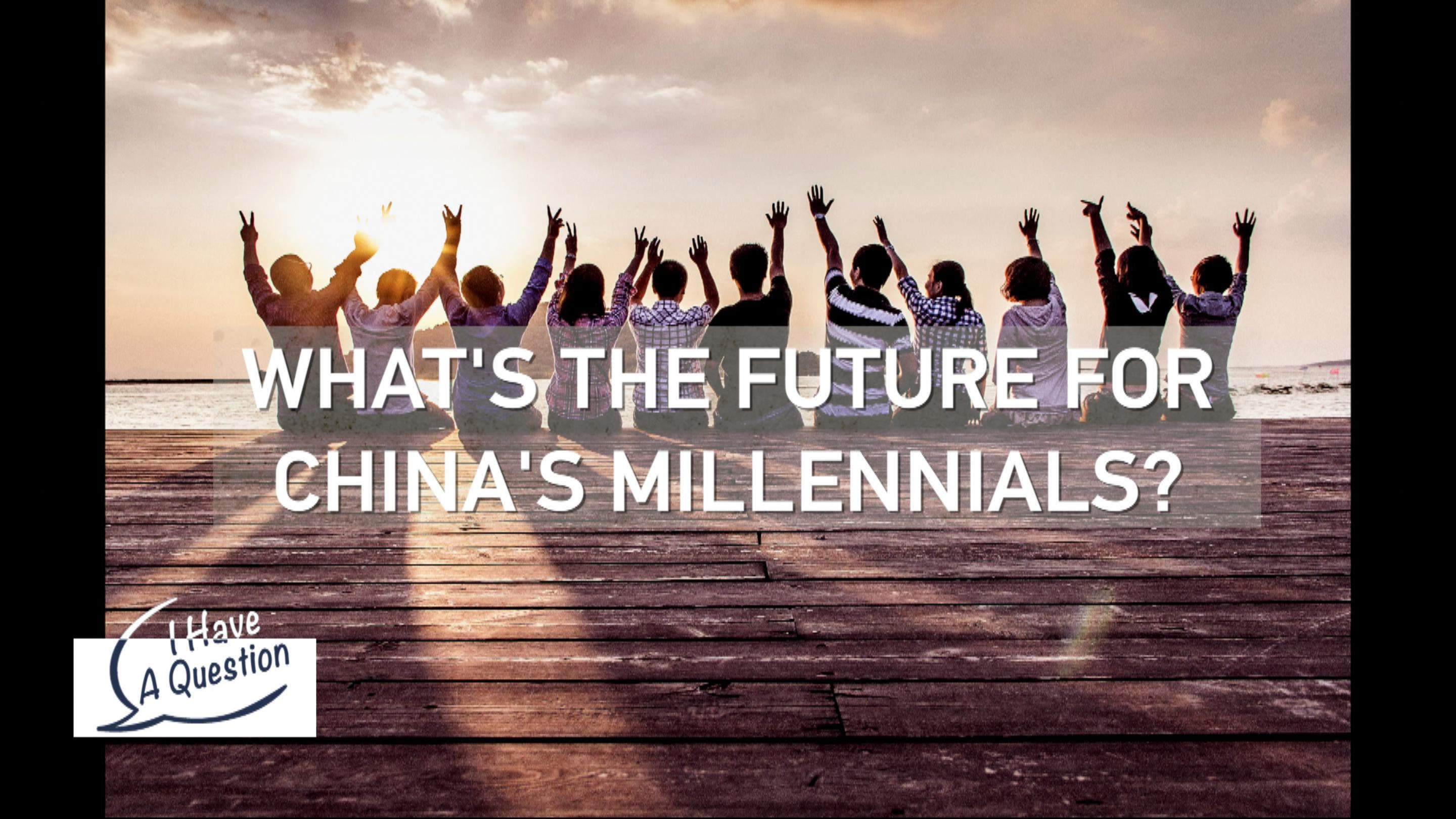
WHAT’S THE FUTURE FOR CHINA’S MILLENNIALS?
If you were born during the 1990s in China, you are in – if not, already in – for some interesting times. Like it or not, the youth from this demographic is expected to lead China as it marches towards its goal of becoming a moderately prosperous society by 2035, and a prosperous and strong modern socialist country by 2050.
This “millennials” generation is commonly labeled as being entitled, lazy, and narcissistic – terms which are too loosely used, as some of the groups below will tell you.
Tom Doctoroff, senior partner at brand and marketing consultancy firm Prophet, refers to the Post-90s generation as being pragmatic “doers.” And there is a reason for why this group of millennials plays stock in the here and now, he says.
“It’s a double-edged sword, because on one hand they grew up in a period of rising affluence. But they also became adults in a period of economic insecurity, so they don’t have a hundred percent faith that the future is going to be stable.”
And if this group of millennials ends up taking a role in government? How will they lead?
Doctoroff says one can take comfort in the fact that the structure of Chinese society is as it has always been, and because of this, millennials respect it and its authority.
“China is still a Confucian society, the relationship between the individual and society is not fundamentally changing. So nobody’s looking to blow up the system,” he says.
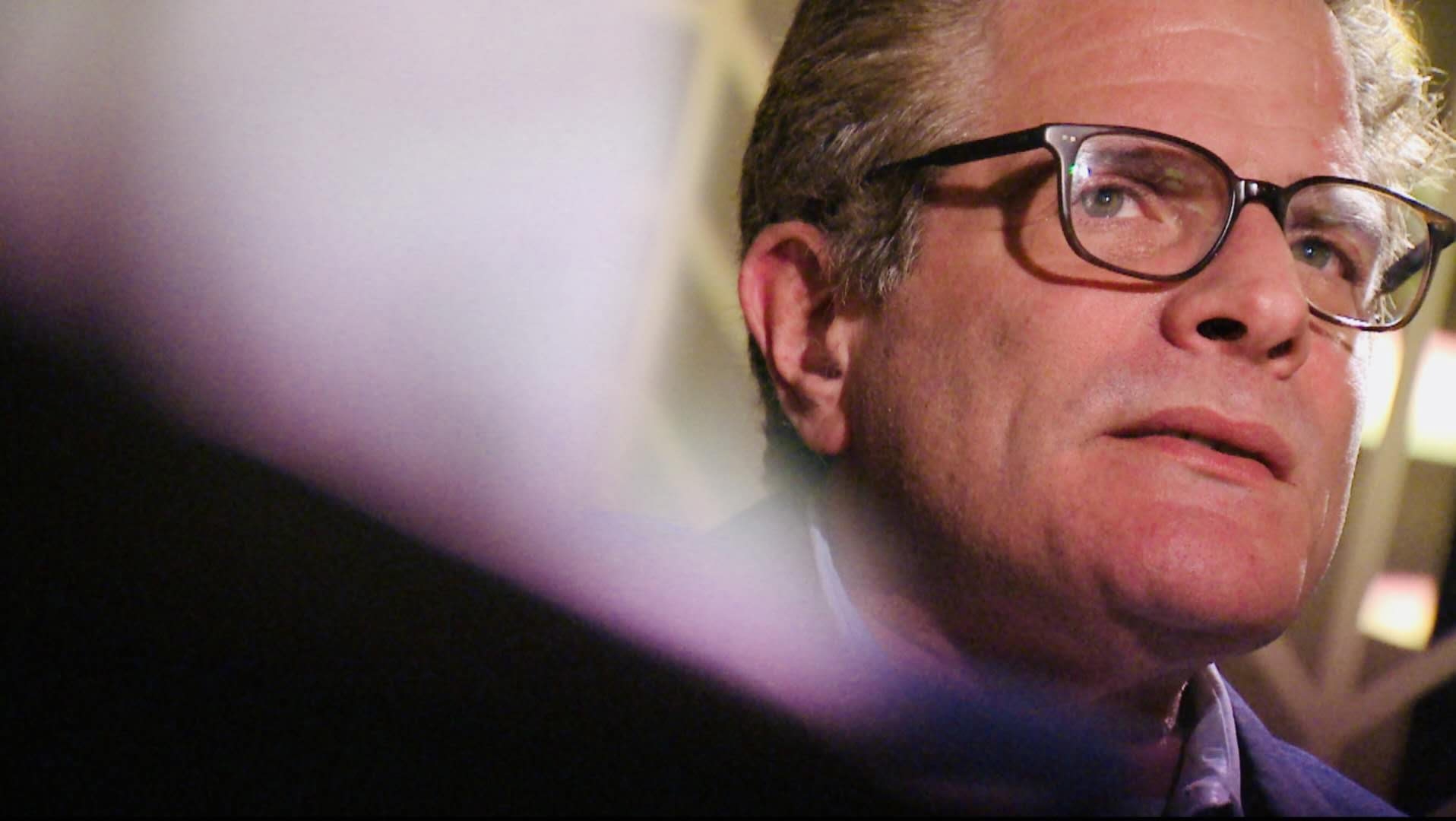
Tom Doctoroff believes that Chinese millennials will redefine the definition of success without undermining Chinese society. /CGTN Photo
Tom Doctoroff believes that Chinese millennials will redefine the definition of success without undermining Chinese society. /CGTN Photo
That said, what this new connected generation can bring to the leadership table is balance, driven from their international experiences, Doctoroff says. He expects this group to bring about further reforms in the service sector, and also hopes that they can bring about a more flexible and responsive government.
And this is where Chinese millennials differ slightly from that of the West – where millennials there are profoundly individualistic and think they are the basic unit of the society, Doctoroff says.
“So people are trying to navigate the system here [in China] as opposed to American millennials where they are trying to shape the system so it’s really quite different.”
(Tom Doctoroff, the former CEO of J. Walter Thompson Asia-Pacific, has spent almost two decades in China, and has written two books relating to Chinese consumers.)
NEW FORCES REDEFINING SUCCESS
Zou Bin, a post-90s migrant construction worker, comes from a humble background. He believes he was elected as a new National People’s Congress (NPC) deputy because of his background in having participated in various craftsman skills competitions – national and worldwide – and that he is able to represent most at a grassroots level.
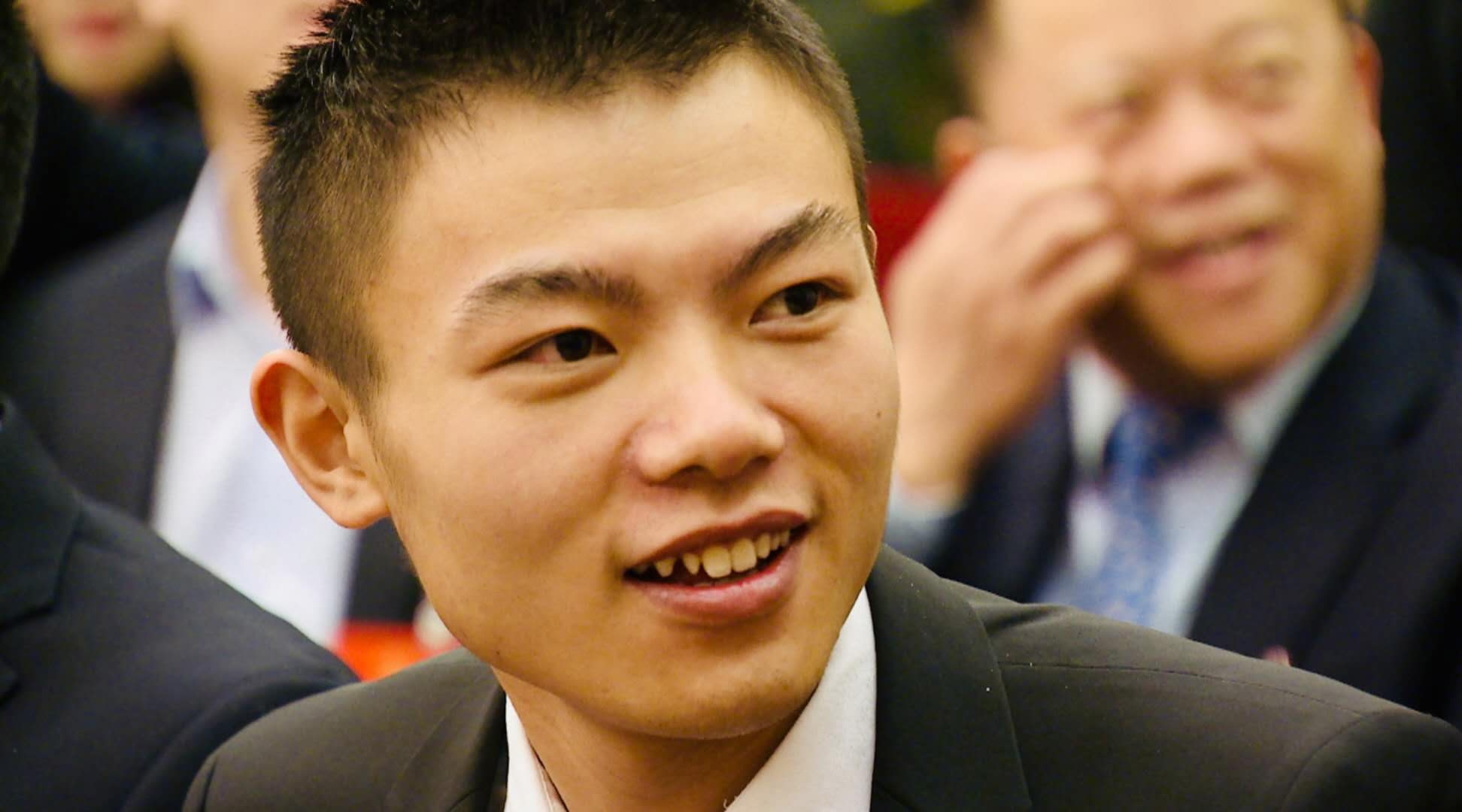
Zou Bin, a post-90s new NPC deputy, wants to use the skills he has gained in the construction industry to guide others. /CGTN Photo
Zou Bin, a post-90s new NPC deputy, wants to use the skills he has gained in the construction industry to guide others. /CGTN Photo
He says being an NPC deputy has helped him expand his ways of thinking, while providing better clarity regarding his work.
Zou Bin wants to do two things: He wants to help solve the wages in arrears problem of migrant workers, and he wants to encourage lower educated millennials to pick up a technical skill so that they can still contribute to society.
“To work towards a prosperous society, we need to work hard for ourselves and not just wait around for the government's help," says Zou earnestly.
Switching over to Shen Feng, a passionate Wushu instructor since 2009, who first dabbled in martial arts, after seeing many people within his age group struggling with their health.
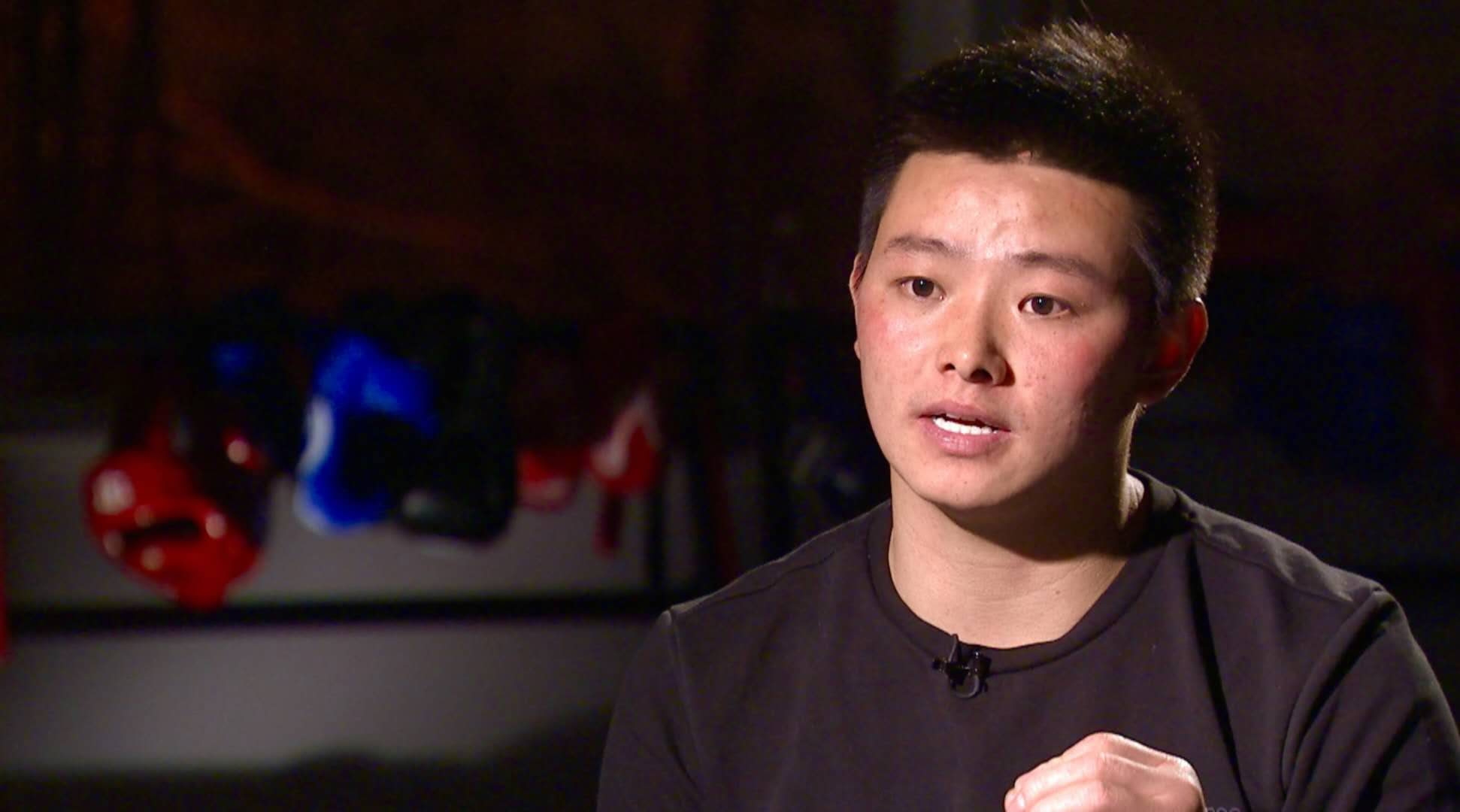
Shen Feng’s dream is for more Chinese people to understand the spirit of martial arts, not only in its relation to physical fitness but also its ability to nurture one’s willpower. /CGTN Photo
Shen Feng’s dream is for more Chinese people to understand the spirit of martial arts, not only in its relation to physical fitness but also its ability to nurture one’s willpower. /CGTN Photo
“What drives me is seeing my students improve. The spirit of Wushu has made me strong and brave, so that when I now encounter difficulties, I tell myself to persevere,” Shen says, determined to pass this tradition on to the younger generation.
His journey hasn’t always been smooth-sailing. Shen remembers how years ago he was rejected when he first approached schools to teach for free. “So I told myself that I needed to depend on myself, make the world my stage, and then people will come and find me.”
“I have always believed in what this country has always advocated, that only with strong seeds can a nation be strong. Only when your physique is good and your mind healthy, can you conquer the world.”
Yang Zhentao is another post-90s child with a unique career: a Kunqu opera performer. He says he finds most joy when he is on stage dressing up and taking on another personality.
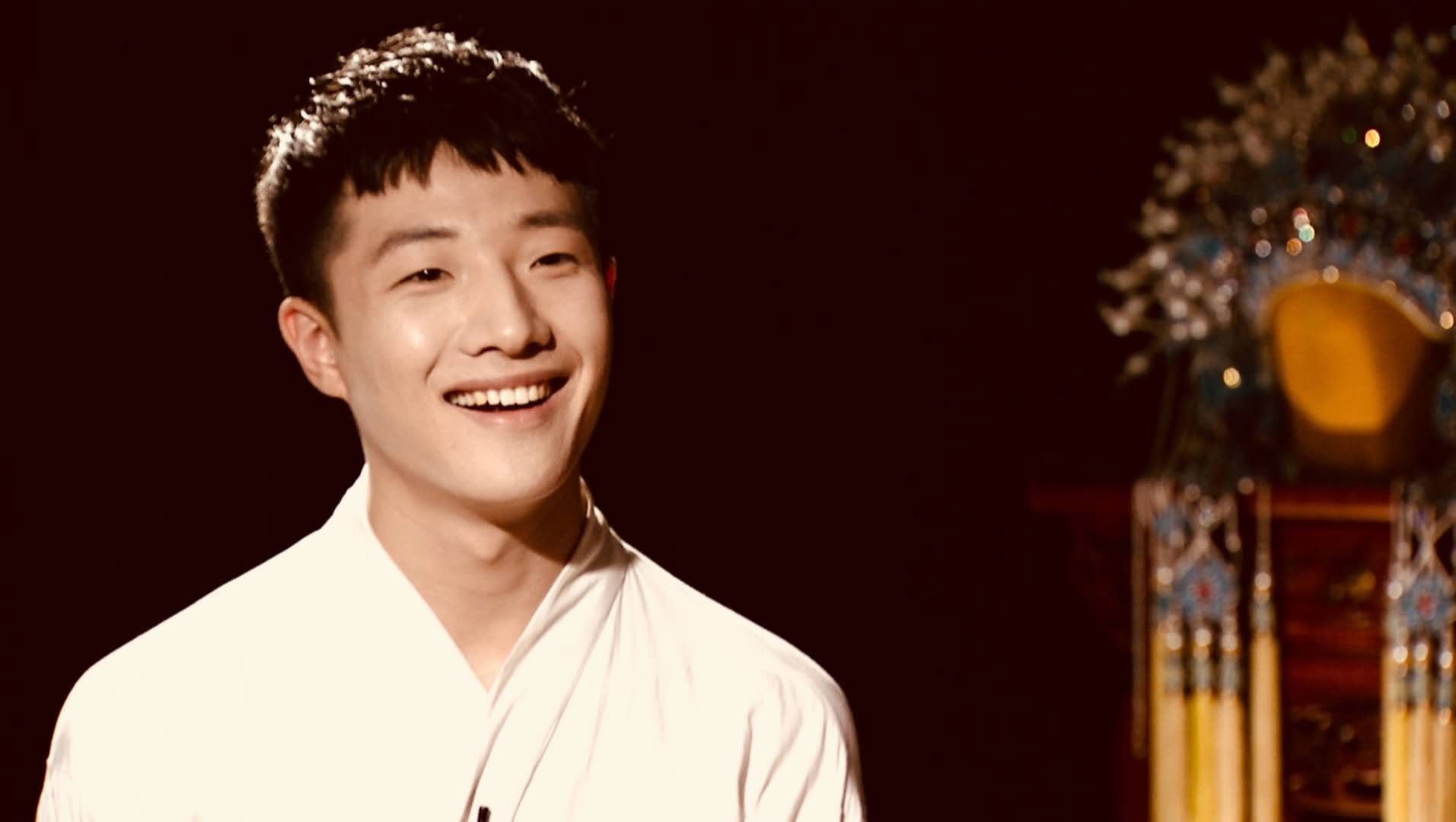
Yang Zhentao, a Kunqu opera performer, is wise enough to see that as everyone’s character is different, so is their ability to accept things. /CGTN Photo
Yang Zhentao, a Kunqu opera performer, is wise enough to see that as everyone’s character is different, so is their ability to accept things. /CGTN Photo
He says he is unperturbed by negative comments received from the industry he is in. “It’s because they don’t understand this [opera], the history. Everyone is born different. And this is why I need to persevere to let people know what I am doing, that these are our Chinese roots.”
Like Zou Bin and Shen Feng, Yang says that not all post-90s citizens are irresponsible and spoilt – these are just a small fraction of a larger society.
While he gets by making a living from performing Kunqu opera, Yang hopes the government will provide more funding to support private theatrical troupes like his.
HOW WILL CHINESE MILLENNIALS MANEUVER?
In a nutshell, Doctoroff says the interests of China’s New Era and its new generation of Chinese are aligned, citing the post-90s as an increasingly patriotic generation.
“I think Chinese patriotism in this New Era is only going to grow, but I also think the Chinese are pragmatic; they don’t want to take over the world,” he says.
Doctoroff commends the government’s efforts in their focus on innovation and the Internet plus strategy, citing China’s economic development program as something that is already liberating the creative energies of many.
However, he says that there are too many technological barriers for young Chinese to discover the world and truly engage with it.
“And I think that this is a mistake because again the millennials, post-90s are proudly patriotic, they want to see a strong China,” he says.
“I do not think there is a risk that there’s going to be a rebellion, if say, Facebook were available, or if they could read the New York Times via a virtual private network. So I do think it’s time to loosen up a little bit without losing control,” Doctoroff adds.
That being said, he has a question for this generation of millennials. “How much of this is a life-stage – the fact that they are currently young, relatively free, unmarried – and how much of this is a true generational shift?”
Doctoroff says he is not entirely certain that this group can keep up with their passion as they enter the next stage of life, for instance getting married and having the burden of caring for a family, as well as the financial burden of owning an apartment.
“Can you stop the urge to reinterpret convention based on your own passion, as the demands of survival and living reassert themselves? That, I am not a hundred percent sure,” he says.
(Video filmed by CGTN cameraman Wang Jigang)

SITEMAP
Copyright © 2018 CGTN. Beijing ICP prepared NO.16065310-3
Copyright © 2018 CGTN. Beijing ICP prepared NO.16065310-3